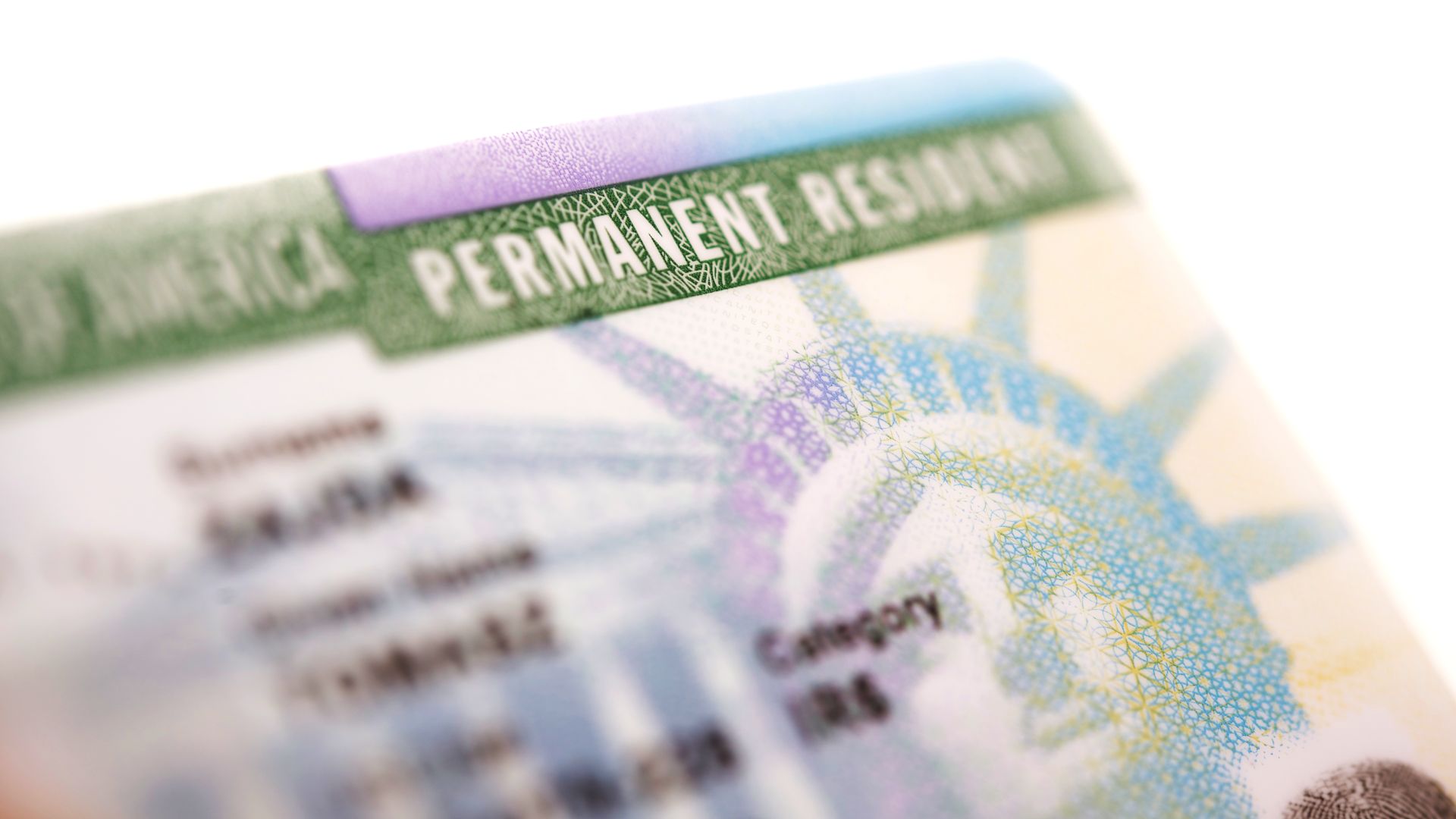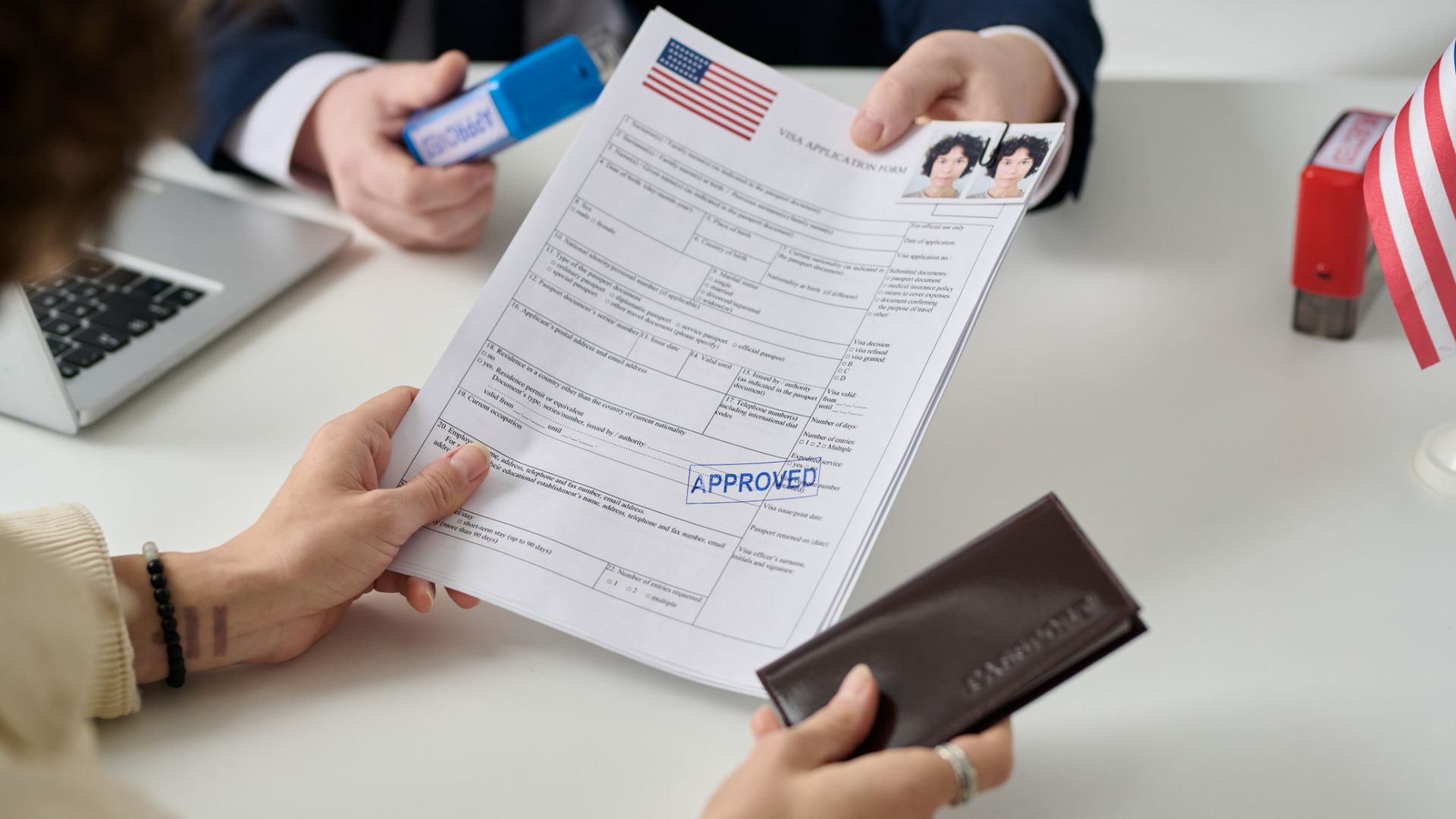Employers who wish to hire foreign workers must navigate a detailed process to sponsor them for a work visa. Whether you are seeking to hire highly skilled professionals or filling other employment gaps, understanding your responsibilities as an employer during the work visa application process is essential. At Rebecca Black Immigration, PA, based in Jacksonville, Florida, we specialize in helping businesses comply with immigration laws and efficiently manage work visa applications.
This blog post outlines the key responsibilities of employers when sponsoring a foreign worker for a U.S. work visa. We will cover the most common types of work visas, the application process, and the legal obligations employers must fulfill to ensure that their visa applications are successful and compliant with U.S. immigration laws.
Understanding Work Visas in the U.S.
The U.S. offers a range of work visas that allow foreign nationals to live and work in the country temporarily. The most common categories of work visas include:
- H-1B Visa: For professionals in specialty occupations that require a bachelor’s degree or higher.
- L-1 Visa: For intracompany transferees in managerial or executive positions, or those with specialized knowledge.
- O-1 Visa: For individuals with extraordinary abilities in fields such as science, business, or the arts.
- TN Visa: Available for Canadian and Mexican professionals under the U.S.-Mexico-Canada Agreement (USMCA).
- H-2A and H-2B Visas: For seasonal agricultural and non-agricultural workers, respectively.
The application process can vary depending on the visa type, but employers must take on certain roles and responsibilities to ensure that the process is handled correctly.
Key Employer Responsibilities in Work Visa Applications
1. Determining the Appropriate Visa Category
The first step in sponsoring a foreign worker is determining which visa category is most appropriate for the position. Different work visas have different eligibility criteria, and choosing the right one is critical for success.
- Specialty Occupations: If you are hiring a professional with specialized knowledge (e.g., a tech expert, engineer, or healthcare worker), the H-1B visa might be appropriate.
- Managerial or Executive Roles: For an employee who is being transferred to the U.S. from an overseas branch, an L-1 visa may be the right option.
- Extraordinary Abilities: If you’re hiring someone with extraordinary skills in their field (such as athletes, artists, or researchers), consider the O-1 visa.
- Temporary or Seasonal Roles: If the role is temporary, non-agricultural, or seasonal, you may apply for an H-2B or H-2A visa, depending on the nature of the work.
If you’re uncertain which visa category is right for the position, a qualified immigration attorney can help you make the correct determination.
2. Labor Condition Application (LCA)
For many work visas, including the H-1B, H-1B1, and E-3 visa categories, employers are required to submit a Labor Condition Application (LCA) to the U.S. Department of Labor (DOL). The LCA is a certification that ensures the employer will pay the foreign worker the prevailing wage for the position and comply with labor laws regarding working conditions.
- Prevailing Wage: Employers must demonstrate that they are offering a salary that meets or exceeds the prevailing wage rate for the occupation in the area of employment. The prevailing wage is determined based on factors such as the job’s responsibilities, location, and industry standards.
- Working Conditions: The LCA requires employers to attest that hiring a foreign worker will not negatively impact the working conditions of U.S. workers in similar positions. This includes not displacing U.S. workers or reducing their wages.
- Filing the LCA: The LCA must be submitted to the Department of Labor for approval before filing the visa petition with USCIS. Once certified, the LCA is part of the visa application process.
3. Filing the Petition with USCIS
Once the LCA is approved (for applicable visa types), employers must file a petition with the U.S. Citizenship and Immigration Services (USCIS). The specific forms vary depending on the visa type but typically include the following:
- Form I-129: This is the petition for a nonimmigrant worker that must be filed for various work visas, including the H-1B, L-1, O-1, and others.
- Supporting Documentation: Employers must submit supporting documents, which may include proof of the company’s financial standing, the employee’s qualifications, and details about the job position. This documentation serves to prove that the worker is eligible for the visa and the employer is complying with visa requirements.
Employers are responsible for ensuring that all required forms are filled out accurately and submitted to USCIS on time. Any mistakes or omissions can lead to delays or denials of the visa petition.
4. Paying the Required Fees
Employers must also cover certain fees associated with the work visa application process. These fees vary depending on the type of visa and the size of the employer. Typical fees include:
- Filing Fees: USCIS charges filing fees for various petitions, such as the Form I-129 petition. The amount depends on the visa category.
- Fraud Prevention and Detection Fee: This fee is applicable for certain visa categories and helps prevent immigration fraud.
- Public Law 114-113 Fee: This fee is specific to certain H-1B employers and is based on the size of the company.
- Premium Processing Fee: For employers who wish to expedite the processing of a visa petition, USCIS offers premium processing for an additional fee.
Employers must ensure that these fees are paid correctly and in full. If fees are not paid or are paid incorrectly, it could delay the process or cause the petition to be rejected.
5. Compliance with Public Access File (PAF) Requirements
Employers sponsoring foreign workers must maintain a Public Access File (PAF) that is available for inspection by the Department of Labor. The PAF must include records related to the Labor Condition Application (LCA), such as the following:
- The wage rate paid to the foreign worker.
- A copy of the LCA that was submitted to the Department of Labor.
- Documentation showing the posting of the LCA at the worksite.
- Proof that the working conditions of U.S. workers are not negatively impacted.
This file must be maintained for the duration of the foreign worker’s employment and for at least one year following the end of the employment.
6. Visa Extension and Maintaining Status
Employers are also responsible for monitoring and maintaining the legal status of foreign workers throughout the duration of their employment in the U.S. If the worker’s visa is temporary, the employer must ensure that an extension petition is filed in a timely manner. In addition, the employer must inform USCIS if there are any significant changes in the worker’s employment status, such as job title, work location, or job duties.
7. Cooperating with USCIS Requests and Site Visits
USCIS and other government agencies may conduct site visits or audits to verify that employers are complying with immigration laws and fulfilling their responsibilities under the work visa program. Employers must cooperate with these inspections and provide the requested documentation or information.
Failure to comply with immigration laws can result in penalties, fines, or even the disqualification from sponsoring future work visa petitions.
We are Here to Help
Sponsoring a foreign worker for a U.S. work visa involves several important responsibilities for employers, from determining the appropriate visa type to ensuring compliance with labor laws and immigration regulations. By understanding your obligations and ensuring that all required steps are followed, you can help ensure that your employee’s work visa application is successful.
At Rebecca Black Immigration, PA, we specialize in assisting businesses with the complexities of the U.S. immigration process. If you need help navigating work visa applications or have questions about your responsibilities as an employer, our experienced team of immigration attorneys is here to guide you every step of the way.
Contact us today to schedule a consultation and ensure that your work visa application process is handled efficiently and in compliance with U.S. law.








